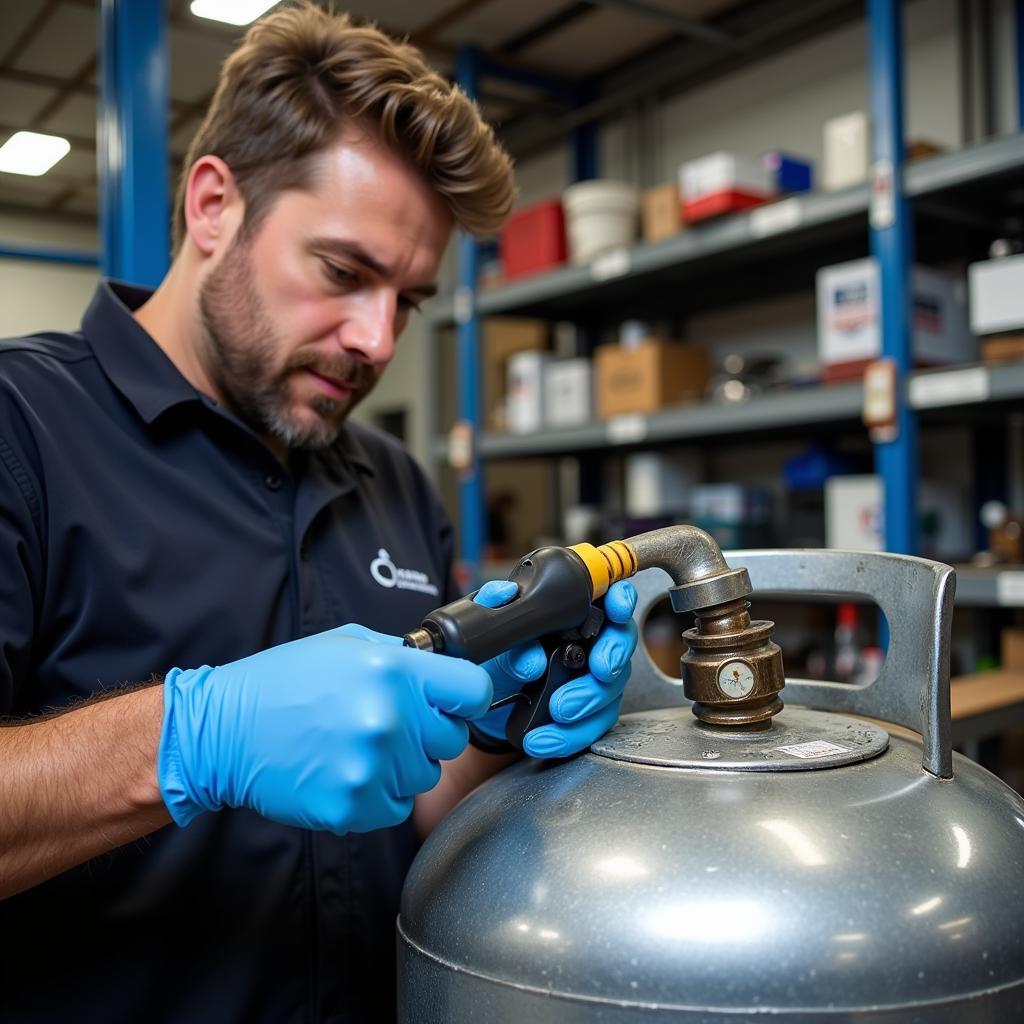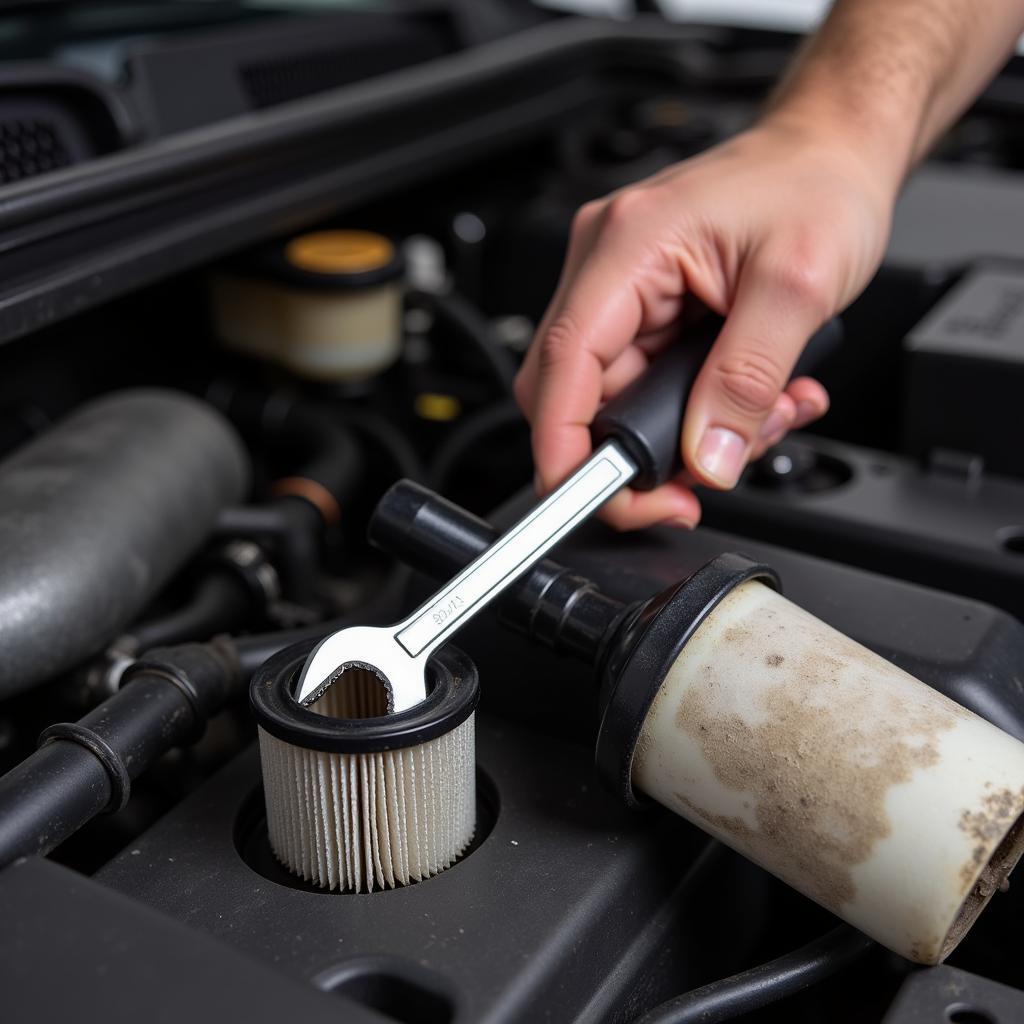How to Service a Car LPG System
Maintaining your car’s LPG system is crucial for optimal performance, fuel efficiency, and safety. Regular servicing can prevent costly repairs and ensure your vehicle runs smoothly. Here’s a comprehensive guide to servicing your car’s LPG system.
Understanding Your Car’s LPG System
A car LPG system replaces gasoline with liquefied petroleum gas (LPG) as fuel. It typically comprises an LPG tank, fuel lines, a vaporizer, a mixer, and an electronic control unit.
Why Service Your LPG System?
Regular servicing of your car’s LPG system offers numerous benefits:
- Enhanced Safety: A well-maintained LPG system minimizes the risk of leaks, ensuring passenger safety.
- Improved Fuel Efficiency: Servicing optimizes combustion, leading to better fuel economy.
- Reduced Emissions: A properly serviced system produces fewer harmful emissions, contributing to a cleaner environment.
- Extended Lifespan: Regular maintenance can significantly prolong the life of your LPG system components.
Key Components and Service Intervals
1. LPG Tank:
- Inspection: Check for damage, corrosion, or leaks every 10 years or as recommended by the manufacturer.
- Testing: Pressure test the tank every 10 years or as required by local regulations.
 Inspecting a car LPG tank
Inspecting a car LPG tank
2. Fuel Lines and Fittings:
- Inspection: Regularly inspect for wear and tear, cracks, or loose fittings.
- Replacement: Replace damaged or worn-out components immediately.
3. Vaporizer:
- Filter Replacement: Change the vaporizer filter every 15,000-20,000 kilometers or annually.
- Inspection: Check for leaks or damage during filter replacement.
 Replacing the vaporizer filter in a car LPG system
Replacing the vaporizer filter in a car LPG system
4. Mixer:
- Cleaning: Clean the mixer every 30,000 kilometers or as needed.
- Adjustment: Adjust the air-fuel mixture if necessary.
5. Electronic Control Unit (ECU):
- Diagnostics: Connect a diagnostic tool to check for error codes and system performance.
- Software Updates: Update the ECU software with the latest versions.
DIY vs. Professional Servicing
While some maintenance tasks, like checking fuel lines, can be done at home, it’s highly recommended to have your car’s LPG system serviced by a qualified technician.
“LPG systems operate under high pressure,” explains John Miller, a certified automotive engineer with over 20 years of experience. “Improper handling can be dangerous. Always trust professionals for specialized tasks like tank inspections and ECU diagnostics.”
Choosing the Right Service Provider
When selecting a service provider, ensure they:
- Are certified to work on LPG systems.
- Use high-quality parts.
- Offer transparent pricing.
Conclusion
Regularly servicing your car’s LPG system is essential for safety, performance, and longevity. By adhering to the recommended service intervals and entrusting your vehicle to qualified professionals, you can enjoy the benefits of LPG fuel while ensuring optimal performance for years to come.

